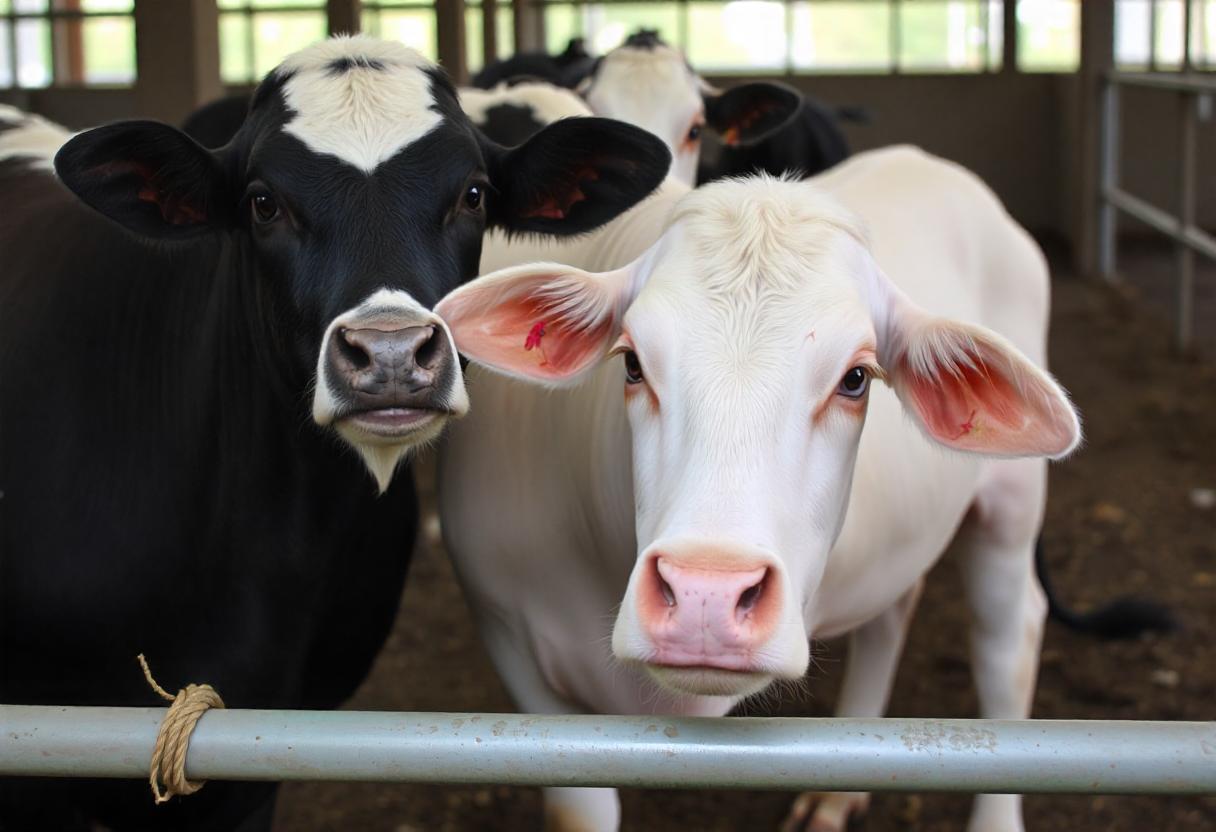
Animal husbandry encompasses the care, breeding, and management of livestock. Its main objectives are to ensure optimal health and productivity of animals while maintaining ethical standards. Welfare, an integral aspect of animal husbandry, focuses on the well-being of animals under human care.
Principles of Animal Husbandry
Animal husbandry involves several core principles:
- Proper Housing: Providing suitable shelter to protect animals from harsh weather conditions and predators is crucial. Housing should be clean, well-ventilated, and spacious enough for the animals to move freely.
- Nutrition: A balanced diet is essential for the health and productivity of livestock. Nutritional needs vary by species and age, so it’s important to provide a diet that meets the specific requirements of each animal.
- Healthcare: Regular veterinary care helps prevent and manage diseases. Vaccinations, parasite control, and prompt treatment of illnesses are fundamental components of animal healthcare.
- Breeding Practices: Selective breeding aims to improve desirable traits such as productivity, disease resistance, and adaptability. Ethical breeding practices ensure the welfare of both the breeding animals and their offspring.
Animal Welfare Considerations
Animal welfare considers various factors that affect an animal’s quality of life:
- Behavioral Enrichment: Providing opportunities for natural behaviors and mental stimulation is important for animal welfare. Enrichment can include toys, social interaction, and space to explore.
- Stress Reduction: Minimizing stress through proper handling, transportation, and environmental conditions contributes to better welfare. Stress can impact health, productivity, and overall well-being.
- Ethical Standards: Adhering to ethical standards and regulations ensures humane treatment of animals. This includes avoiding practices that cause unnecessary pain or suffering.
Regulatory Framework
Various laws and regulations govern animal husbandry and welfare:
- Animal Welfare Acts: Many countries have legislation that sets minimum welfare standards for the care of animals. These laws typically address housing conditions, handling practices, and veterinary care.
- Industry Standards: Professional organizations and industry groups often establish guidelines and standards to promote best practices in animal husbandry and welfare. These standards may cover areas such as feed quality, housing, and health management.
Advances in Animal Husbandry
Recent advancements in animal husbandry include:
- Technology Integration: The use of technology, such as automated feeding systems and health monitoring devices, enhances efficiency and animal welfare. These tools help track health metrics and manage resources more effectively.
- Sustainable Practices: Sustainable practices aim to reduce the environmental impact of animal husbandry. This includes optimizing feed use, managing waste, and improving energy efficiency.
- Research and Development: Ongoing research contributes to better understanding of animal needs and welfare. Innovations in breeding, nutrition, and healthcare continue to advance the field of animal husbandry.